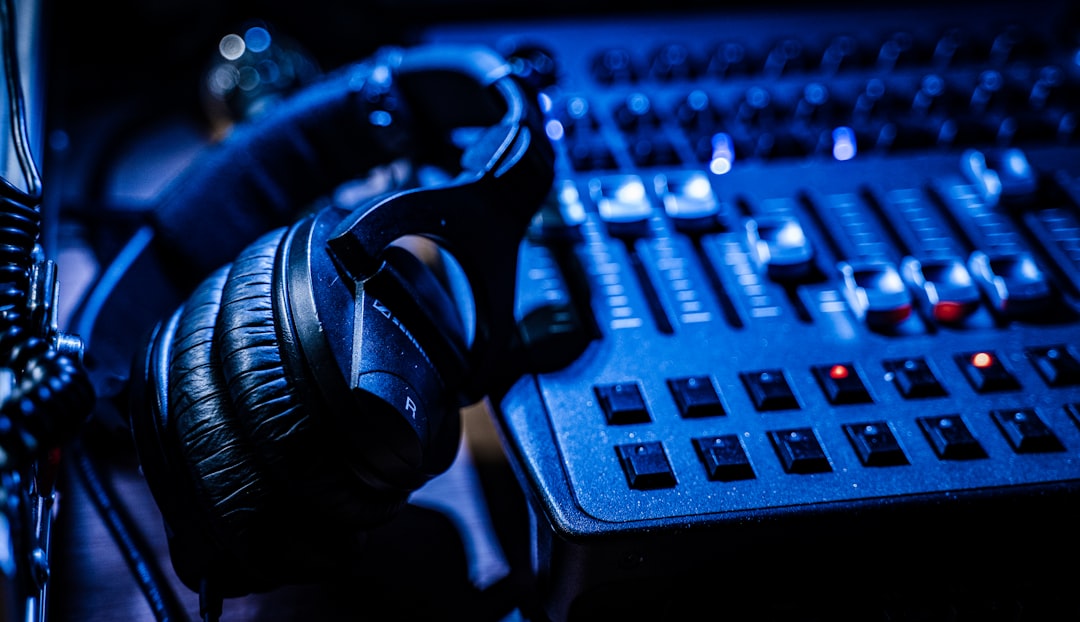As digital music streaming continues to dominate how people discover and enjoy music, many platforms have emerged to cater to different user preferences and needs. Among them, Jango Music has carved out a niche by offering personalized radio stations that are free to use. However, with the proliferation of online music services, questions inevitably arise regarding their safety and legality. If you’re considering Jango as your go-to music streaming option, it’s important to understand whether it’s both safe and legal to use. This article dives into the key aspects that every user should know before hitting the play button on Jango Music.
What Is Jango Music?
Jango Music is an online music streaming service that allows users to create and listen to custom radio stations across a wide variety of genres. Unlike other popular platforms such as Spotify or Apple Music, Jango has a unique model where users can stream music for free with minimal advertisements. It is especially known for its support of independent artists, giving them the chance to be heard alongside well-known names in the music industry.

Founded in 2007 by Jango Networks, the platform emphasizes simplicity and ease of use. Users can start a station based on a favorite artist and Jango will build a playlist with similar music, making it a popular choice for those looking for music discovery without needing to pay a subscription fee.
Is Jango Music Legal?
This is perhaps the most crucial question for potential users. The short answer is: yes, Jango Music is legal.
Here’s why:
- Licensing Agreements: Jango operates as a web-based radio service and pays licensing fees to organizations such as ASCAP, BMI, SESAC, and SoundExchange. These are the major performance rights organizations in the United States responsible for collecting royalties on behalf of songwriters, artists, and record labels.
- Compliance With Broadcasting Laws: As an internet radio provider, Jango adheres to the legal standards and limitations set forth by the Digital Millennium Copyright Act (DMCA). It falls under the category of “non-interactive” streaming, meaning users cannot select specific songs to play, but can only choose general stations or artists, similar to traditional radio.
Thus, from a legal standpoint, Jango has taken the necessary steps to ensure the content streamed on its platform is licensed appropriately, respecting the rights of performers and creators.
Safety: Is Jango Music Safe to Use?
Legal does not always mean safe in the digital world. Safety, in this context, refers to how secure your data is, whether the platform has malware risks, and what kind of privacy policies are in place.
Based on current assessments and user reports, Jango Music is generally safe to use. Here’s what makes it safe:
- No Download Requirement: Jango is primarily a web-based service, so it doesn’t require users to download any software to use. This significantly reduces the risk of infecting your computer or phone with malicious software.
- Transparent Privacy Policy: Jango has a privacy policy that outlines what data is collected and how it is used. While it does use cookies and collect user behavior data to improve the service and serve ads, it does not appear to engage in unethical data-sharing practices.
- Minimal Ads: While Jango is ad-supported, the volume of advertising is much less aggressive compared to other free platforms. Most of the ads are audio-based and occasionally visual, but they don’t redirect users to suspicious third-party sites.
In summary, Jango’s security measures are in line with other major online services, and the harm potential is low when used as intended.
Differences Between Jango and Illegal Streaming Sites
It’s easy to confuse Jango with illegal or questionably legal streaming services due to its free-to-use model. However, there are several key differences that separate it from pirated websites:
- Legitimate Advertising Partners: Jango features curated advertisements from recognized brands, a hallmark of a legitimate business operation. In contrast, illegal sites often display intrusive ads, many of which are from untrustworthy sources.
- No Pirated Content: All the music on Jango is part of licensing agreements with content owners. Pirate sites stream copyrighted content without permission.
- Public Company Operations: Jango is open about its business and organizational structure. Illegal sites tend to operate anonymously to avoid prosecution.

Recognizing these differences can help consumers make more informed decisions and steer clear of services that may get them into legal trouble or compromise their security.
Jango and Independent Artists
An interesting aspect of Jango is its strong support for independent and emerging artists. Through its Airplay program, independent musicians can pay to have their music promoted on user radio stations that match their genre or style.
This business model has often led to questions about the platform’s integrity or favoritism, but the system is quite transparent:
- Listeners Know They’re Hearing Sponsored Songs: Songs that are promoted through Airplay are clearly identified, giving listeners the choice to like or skip them.
- Equal Opportunity Exposure: Paying for promotion doesn’t guarantee success. Listener feedback and engagement ultimately determine whether a song continues to be played regularly.
This symbiotic relationship benefits both users—who discover fresh music—and artists—who gain access to new audiences without major label backing. It also encourages ethical business practices by ensuring creators are paid for their work.
Monetization: How Jango Sustains a Free Model
For many, the first red flag with any “free” service is wondering how the company makes money. Here’s how Jango manages to stay afloat without requiring a monthly fee:
- Advertising Revenue: As a free service, Jango earns primarily through audio and visual ad placements within the platform. These ads are typically non-intrusive compared to other free services.
- Artist Subscriptions: Through its Airplay program, Jango collects fees from artists who want to promote their songs. These fees support the operational costs of the platform.
This two-pronged revenue stream helps maintain a free platform while ensuring artists are compensated for their work.
Are There Any Drawbacks?
While Jango offers a lot of benefits, it’s fair to note that it may not meet everyone’s expectations—especially when compared to more mainstream services like Spotify, Apple Music, or YouTube Music.
- Non-On-Demand Playback: Users cannot search for and play specific songs on demand. This is in line with DMCA compliance but is a limitation for listeners who prefer full control.
- User Interface: Compared to more polished platforms, Jango’s interface can feel a bit dated and less intuitive.
- Limited Offline Access: There is no ability to download songs for offline listening.
Despite these limitations, many users find Jango to be a valuable addition to their suite of music streaming apps—especially for discovering new music in a safe and legal manner.
Conclusion: Is Jango Music Safe and Legal?
Absolutely. Jango Music is both safe and legal. Its compliance with copyright laws, legitimate revenue generation methods, support for creators, and transparent privacy practices make it a trustworthy platform for music lovers.
For users seeking a no-cost, low-ad platform to explore music and discover new artists, Jango offers a compelling alternative to more commercial services. As always, staying informed about how a platform operates can help you make smarter, safer choices in your digital life.
